Dependence on drugs information
Home » » Dependence on drugs informationYour Dependence on drugs images are ready in this website. Dependence on drugs are a topic that is being searched for and liked by netizens now. You can Get the Dependence on drugs files here. Get all royalty-free photos.
If you’re searching for dependence on drugs pictures information related to the dependence on drugs interest, you have come to the ideal site. Our website frequently gives you hints for seeing the highest quality video and image content, please kindly surf and find more enlightening video content and images that fit your interests.
Dependence On Drugs. Since the brain is physically altered by continued drug and alcohol abuse, psychological addiction is inextricably linked to the user’s physical dependency. Some of these drugs contain psychoactive substances with a potential for abuse and dependence. Drug dependence is defined as a psychic and physical state of the person characterized by behavioral and other responses resulting in compulsions to take a drug, on a continuous or periodic basis in order to experience its psychic effect and at times to avoid the discomfort of its absence. Dependence of a psychological nature has emotional and mental symptoms, such as anxiety when the user stops consuming the drug or alcohol.
 Drugs and mental health Mental Health Foundation From mentalhealth.org.uk
Drugs and mental health Mental Health Foundation From mentalhealth.org.uk
Drug dependent people will go to great lengths to maintain access to the drug, often resorting to crime. Many daily drug users demonstrate signs of both. Drug dependence is a major public health crisis, with drug overdoses now representing one of the leading causes of death for adults under 50 in the united states. Psychological dependence on drugs or alcohol is the emotional, motivational, and mental addictive qualities that come with substance abuse. However, dependence on drugs can form even from proper use of prescription drugs in some cases. Also known as a psychological addiction , psychological dependence has been linked to marijuana addiction , hallucinogen addiction , and other drug addictions that don’t have a strong physical dependency component to them.
Drug dependence is not limited to dependence on illegal drugs.
The american psychiatric association (apa) used to distinguish between dependence and abuse. Definition of dependence the national institute on drug abuse defines dependence as “a state in which an organism functions normally only in the presence of a drug.” drugs disrupt the balance of chemicals in the brain. Dependence on drugs versus abuse. Drug dependence a syndrome featuring persistent usage of the drug, difficulty in stopping and withdrawal symptoms. Many daily drug users demonstrate signs of both. While it is possible to have a physical dependence without being addicted, addiction is usually right around the corner.
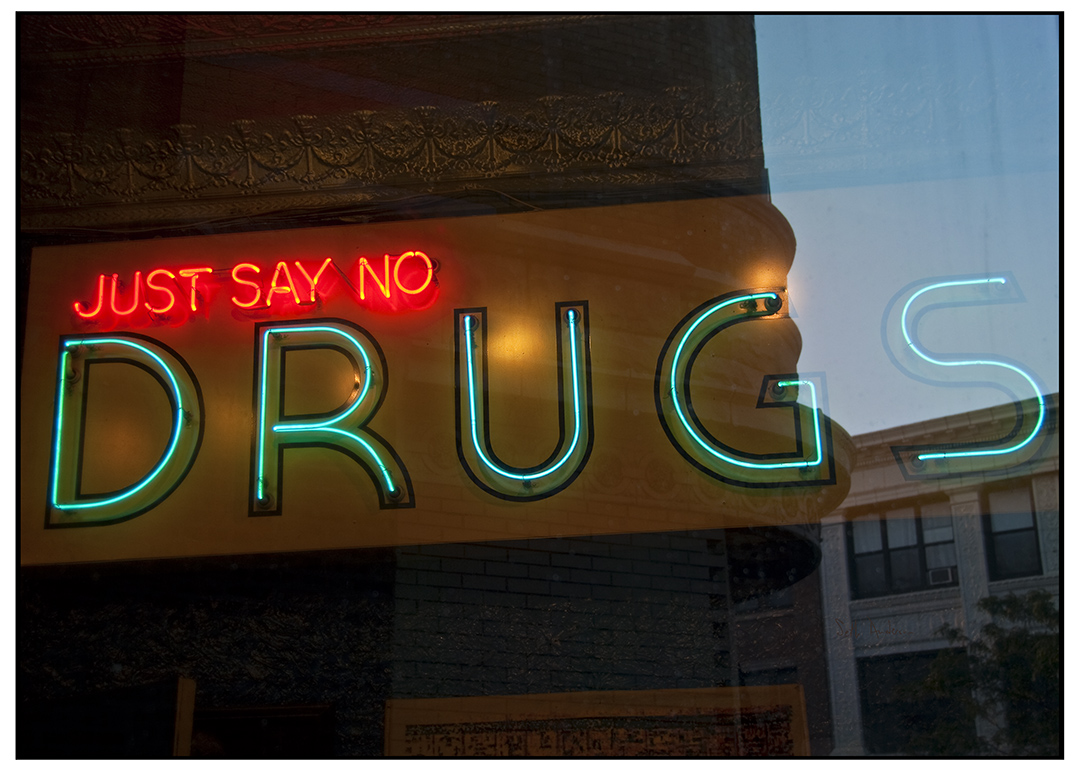 Source: inspiremalibu.com
Source: inspiremalibu.com
When people use the term “dependence,” they are usually referring to a physical dependence on a substance. A number of definitions of drug dependence exist. Dependence on drugs can create a number of dangerous and damaging complications, including: Drug dependence is that it is a condition resulting from the prolonged and usually intense consumption of a drug or drugs which has resulted in psychological and/or physiological dependence on drug consumption. Drug dependence is defined as a psychic and physical state of the person characterized by behavioral and other responses resulting in compulsions to take a drug, on a continuous or periodic basis in order to experience its psychic effect and at.
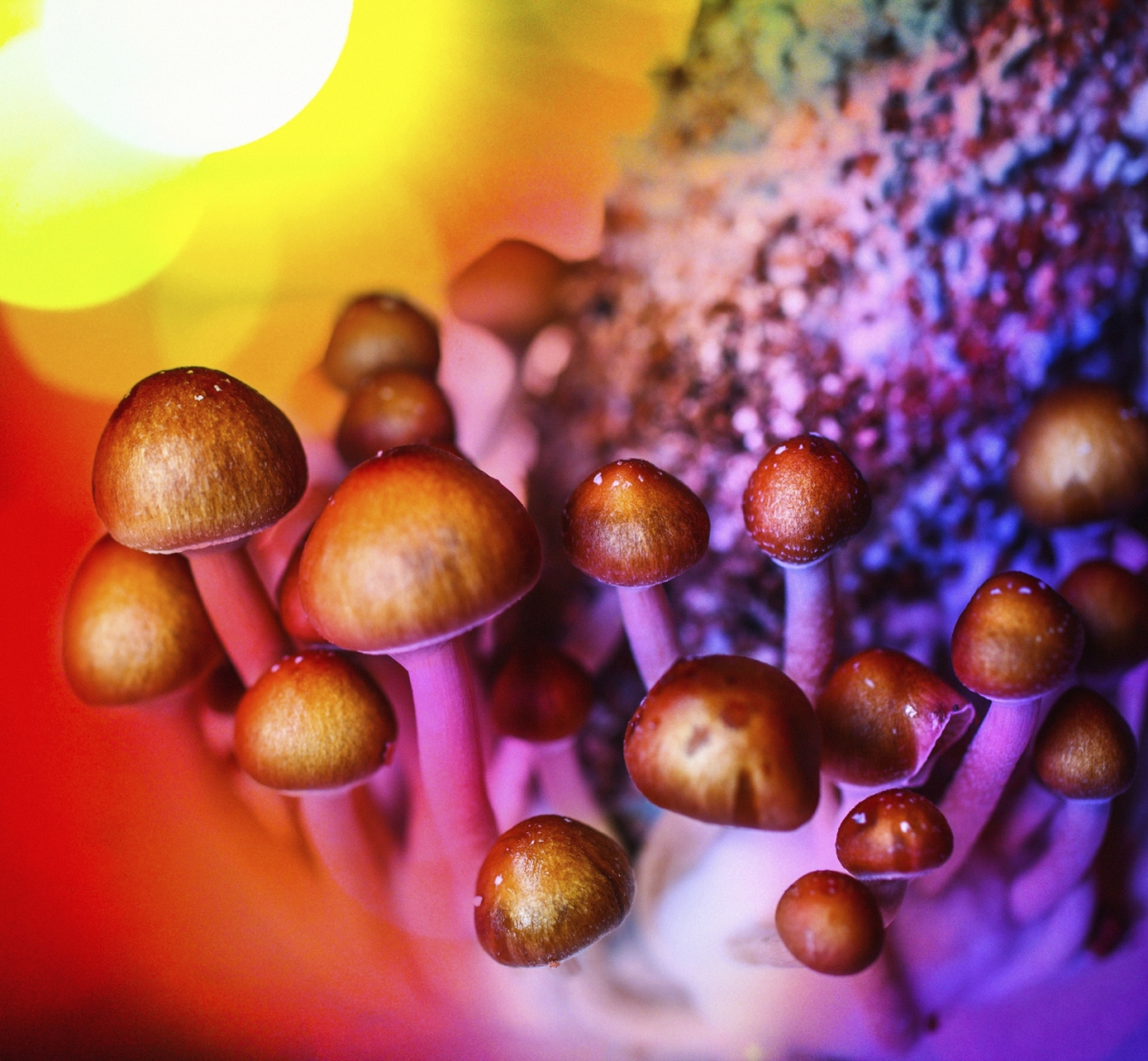 Source: ibtimes.co.uk
Source: ibtimes.co.uk
The latter reflect physical dependence in which the body adapts to the drug, requiring more of it to achieve a certain effect (tolerance). Someone who is physically dependent on a drug may have begun using that drug for a legitimate medical use and that drug may have been prescribed to him or her. Psychological dependence on drugs or alcohol is the emotional, motivational, and mental addictive qualities that come with substance abuse. Impairment may involve physiological, psychological, or social dysfunction. The latter reflect physical dependence in which the body adapts to the drug, requiring more of it to achieve a certain effect (tolerance).
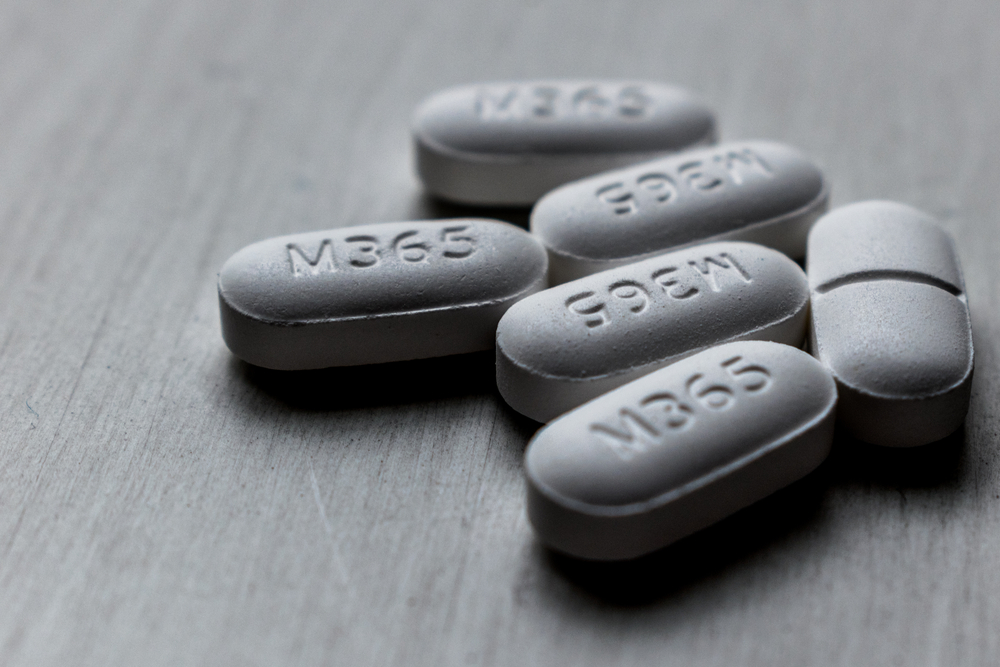 Source: ridgefieldrecovery.com
Source: ridgefieldrecovery.com
Failure to meet work, social, or family obligations; Many daily drug users demonstrate signs of both. Drugs that can be obtained without a medical prescription in community pharmacies are used to treat minor pathologies that can easily be diagnosed by the patient. Drug dependence is that it is a condition resulting from the prolonged and usually intense consumption of a drug or drugs which has resulted in psychological and/or physiological dependence on drug consumption. Someone who is physically dependent on a drug may have begun using that drug for a legitimate medical use and that drug may have been prescribed to him or her.
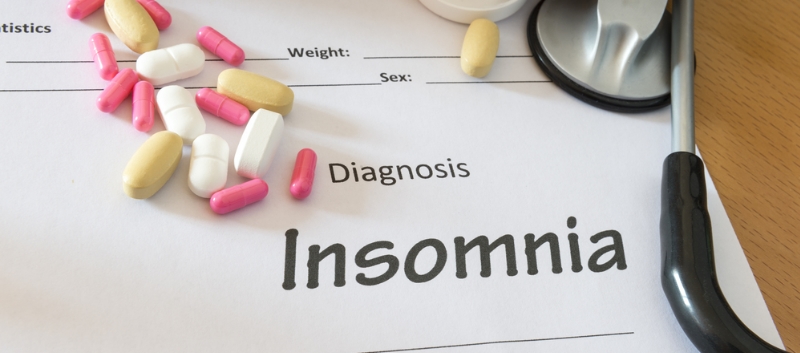 Source: empr.com
Source: empr.com
Failure to meet work, social, or family obligations; And, sometimes (depending on the drug), tolerance and withdrawal. Since the brain is physically altered by continued drug and alcohol abuse, psychological addiction is inextricably linked to the user’s physical dependency. Physical dependence on a drug or alcohol can be characterized by the physical effects on the user, including increased tolerance, cravings, and withdrawal symptoms. The brain adapts by changing its natural chemical production.
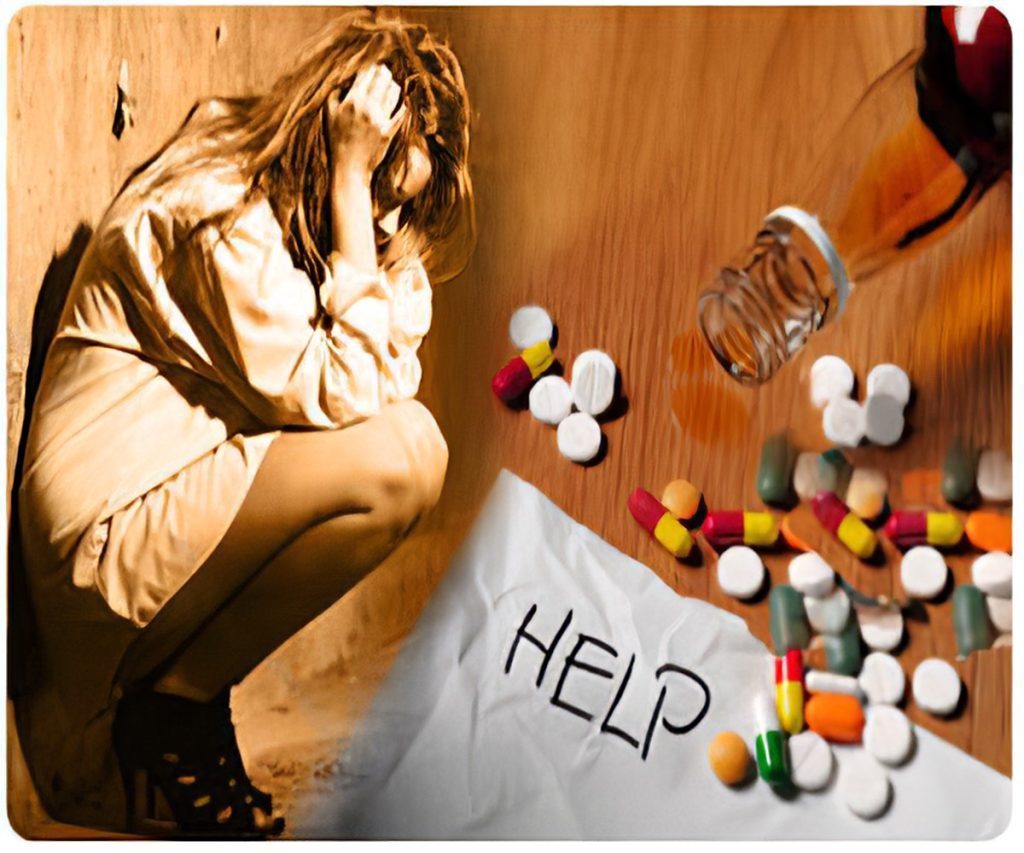 Source: rehabguide.co.uk
Source: rehabguide.co.uk
Since the brain is physically altered by continued drug and alcohol abuse, psychological addiction is inextricably linked to the user’s physical dependency. The concepts of drug dependence which first took shape in the late 1960s set up the basis for disease models of addiction, which have marginalized evidence that therapeutic communities might do more for many addicts than drug treatments, such as naloxone and acamprosate that, have been brought to market for alcohol or opiate dependence. Definition of dependence the national institute on drug abuse defines dependence as “a state in which an organism functions normally only in the presence of a drug.” drugs disrupt the balance of chemicals in the brain. Also known as a psychological addiction , psychological dependence has been linked to marijuana addiction , hallucinogen addiction , and other drug addictions that don’t have a strong physical dependency component to them. Treatment for drug dependence in a qualified drug and alcohol rehab center is the best way for all to recover physically, psychologically, socially and spiritually.
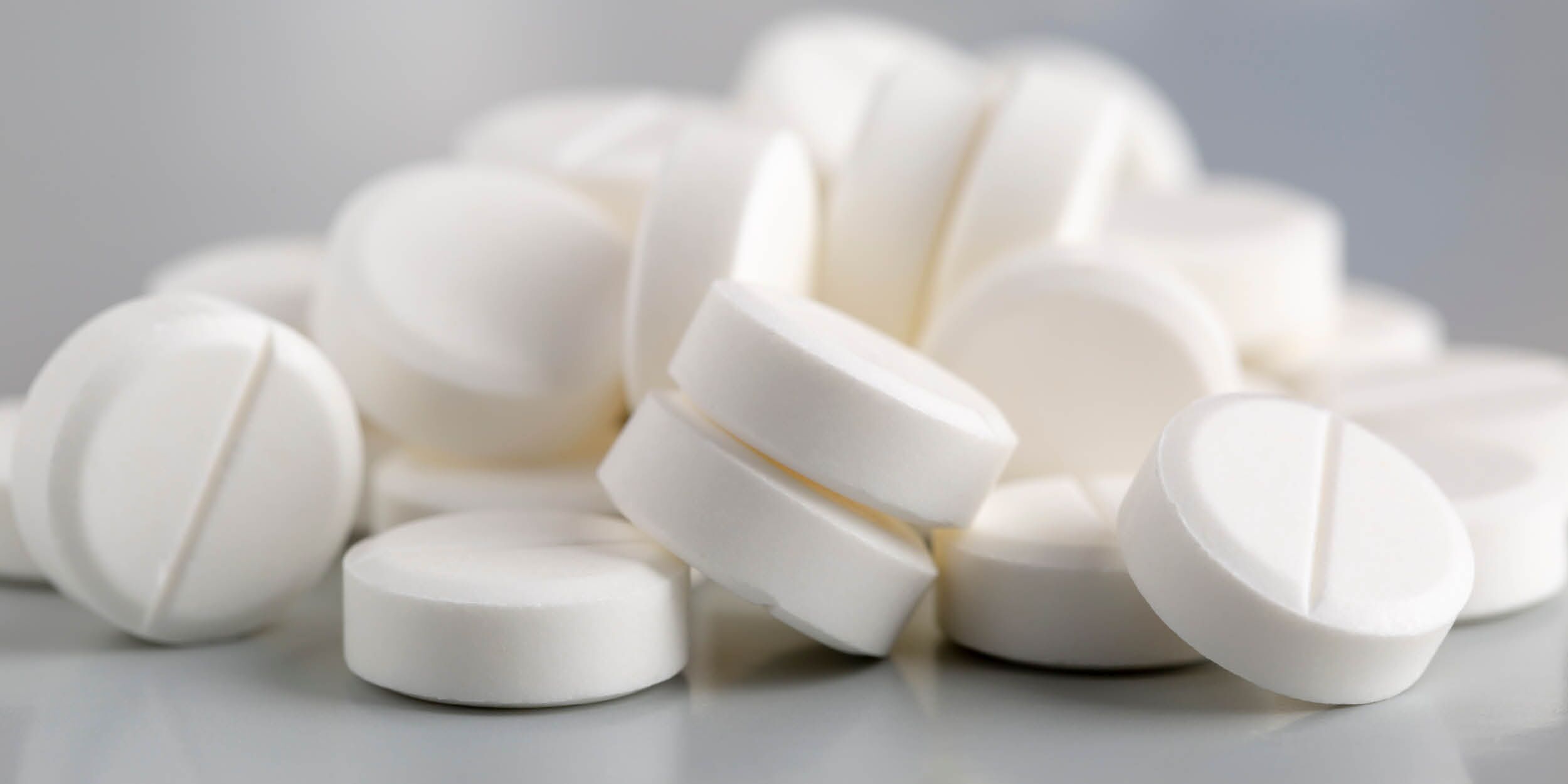 Source: floridarehab.com
Source: floridarehab.com
While it is possible to have a physical dependence without being addicted, addiction is usually right around the corner. One very important distinction that can be made regarding the difference between drugs that are considered to result in physical versus psychological dependence is that the withdrawal process from some of the drugs that are considered to be strong candidates for physical dependence, such as alcohol, benzodiazepines, and barbiturates, can result in the development of. However, there is a lack of data concerning their problematic use in a wide population. The latter reflect physical dependence in which the body adapts to the drug, requiring more of it to achieve a certain effect (tolerance). The physical and psychological aspects of drug dependence are closely related and can be difficult to separate (often workers in the aod field talk only of dependence).however, there are some differences.
 Source: mentalhealth.org.uk
Source: mentalhealth.org.uk
Our admissions navigators are available to help 24/7 to. While it is possible to have a physical dependence without being addicted, addiction is usually right around the corner. Since the brain is physically altered by continued drug and alcohol abuse, psychological addiction is inextricably linked to the user’s physical dependency. Failure to meet work, social, or family obligations; Impairment may involve physiological, psychological, or social dysfunction.
 Source: newsroom.unsw.edu.au
Source: newsroom.unsw.edu.au
Dependence is characterized by the symptoms of tolerance and withdrawal. The physical and psychological aspects of drug dependence are closely related and can be difficult to separate (often workers in the aod field talk only of dependence).however, there are some differences. Substance abuse may continue for a long period of time or progress to substance dependence, a more severe disorder associated with physiological signs of dependence (tolerance or withdrawal syndrome) or compulsive use of a substance. This dependence causes significant problems in one or more areas of the person’s. Dependence on a drug can be physical, psychological or both.
This site is an open community for users to share their favorite wallpapers on the internet, all images or pictures in this website are for personal wallpaper use only, it is stricly prohibited to use this wallpaper for commercial purposes, if you are the author and find this image is shared without your permission, please kindly raise a DMCA report to Us.
If you find this site good, please support us by sharing this posts to your preference social media accounts like Facebook, Instagram and so on or you can also save this blog page with the title dependence on drugs by using Ctrl + D for devices a laptop with a Windows operating system or Command + D for laptops with an Apple operating system. If you use a smartphone, you can also use the drawer menu of the browser you are using. Whether it’s a Windows, Mac, iOS or Android operating system, you will still be able to bookmark this website.
Category
Related By Category
- Cheap dog grooming information
- Best car restoration information
- All car restorations information
- Buy dog clothes online information
- Causes for childhood obesity information
- First aid courses london information
- Dream interpretation worms information
- First aid course toronto information
- Dash diet summary information
- Flatulence foods information